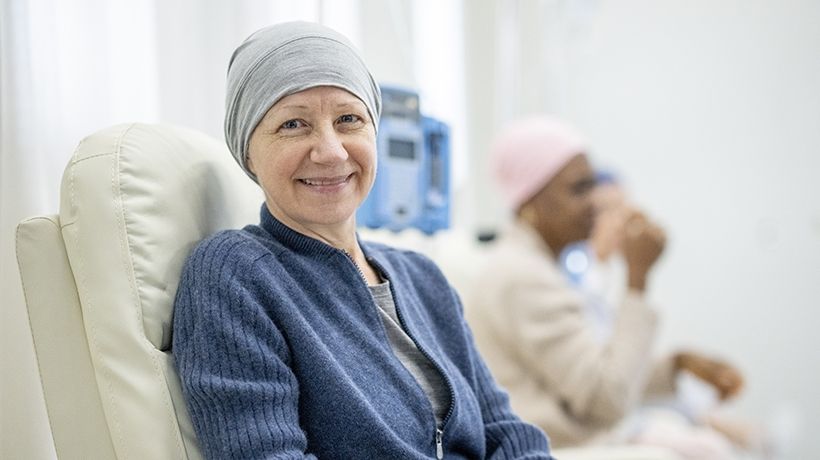Our QMG Cancer Institute physicians are board-certified in oncology and hematology. This combined expertise allows us to provide comprehensive care for cancer as well as a wider range of blood-related conditions.
Hematology focuses on blood, its diseases (both cancerous like leukemia and non-cancerous like anemia), and their treatment. While some of our oncologists are also hematologists, hematologists treat a wider range of blood conditions. A referral from your primary care doctor doesn’t necessarily mean cancer, but rather that your doctor believes a hematologist’s expertise is best suited for your specific blood issue.
Medical oncology is a branch of medicine dedicated to the comprehensive care of cancer patients. Our team of medical oncologists works tirelessly to diagnose, treat, and manage cancer through a variety of evidence-based approaches.
Your Partner in Cancer Care:
Our medical oncologists act as your primary guide throughout the cancer journey. They will:
- Diagnose your cancer: Through biopsies, imaging tests, and other diagnostic tools, they will determine the type and stage of your cancer.
- Develop a personalized treatment plan: Considering your unique needs and preferences, they will design a treatment plan that may include chemotherapy, hormone therapy, targeted therapy, or immunotherapy.
- Manage your treatment: They will closely monitor your progress, manage side effects, and adjust your treatment as needed.
- Provide ongoing support: We understand the physical and emotional challenges of cancer. Our team offers support throughout your treatment and beyond.
Treatment Options We Offer:
Medical oncology utilizes a range of powerful tools to fight cancer, including:
- Chemotherapy: This uses powerful drugs to destroy cancer cells throughout the body.
- Targeted therapy: These drugs target specific vulnerabilities within cancer cells, offering a more precise approach.
- Immunotherapy: This harnesses the body’s own immune system to recognize and destroy cancer cells.
A Collaborative Approach:
Medical oncologists work closely with other specialists, such as surgeons and radiation oncologists, to ensure a comprehensive treatment plan. This collaborative approach ensures you receive the most effective and well-rounded care possible.
Accreditations











